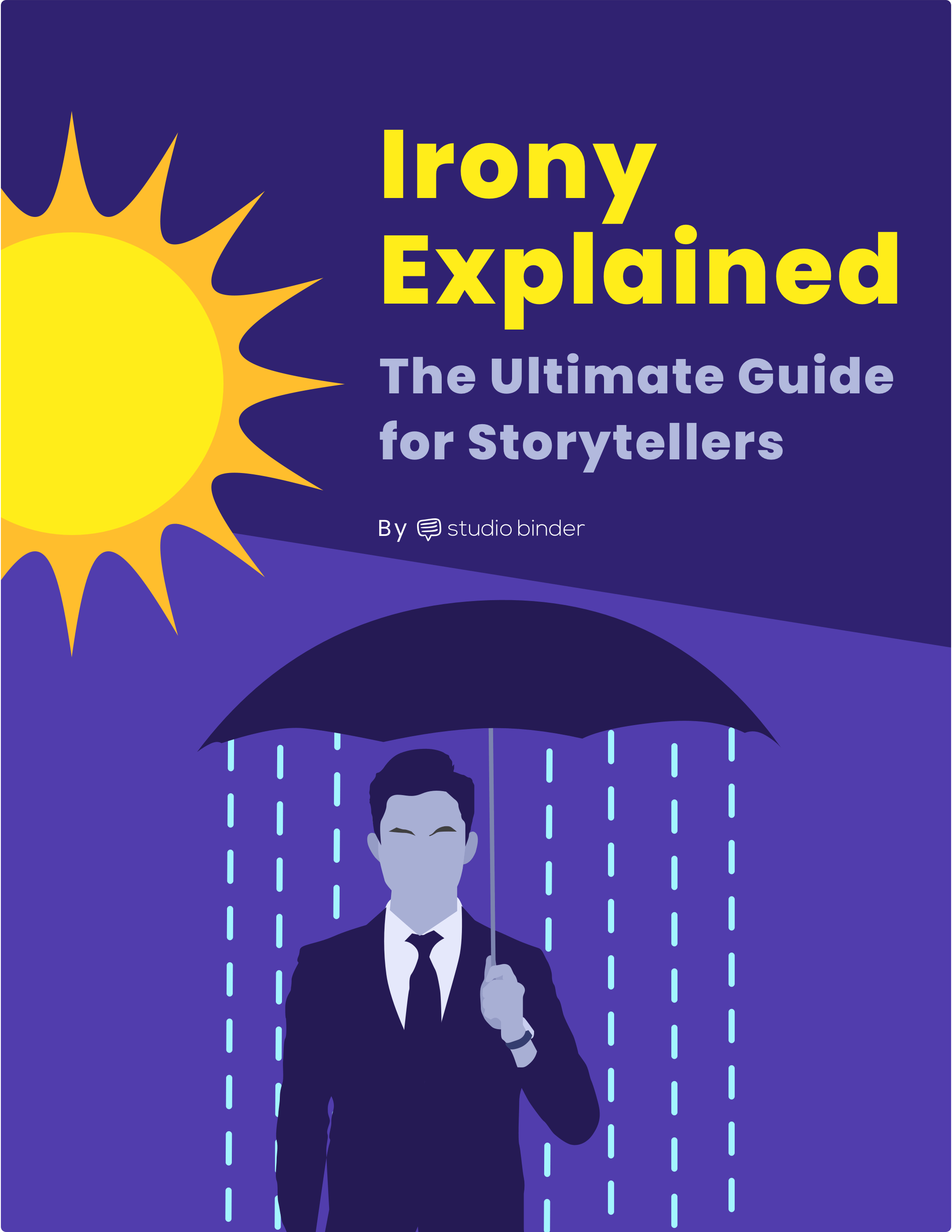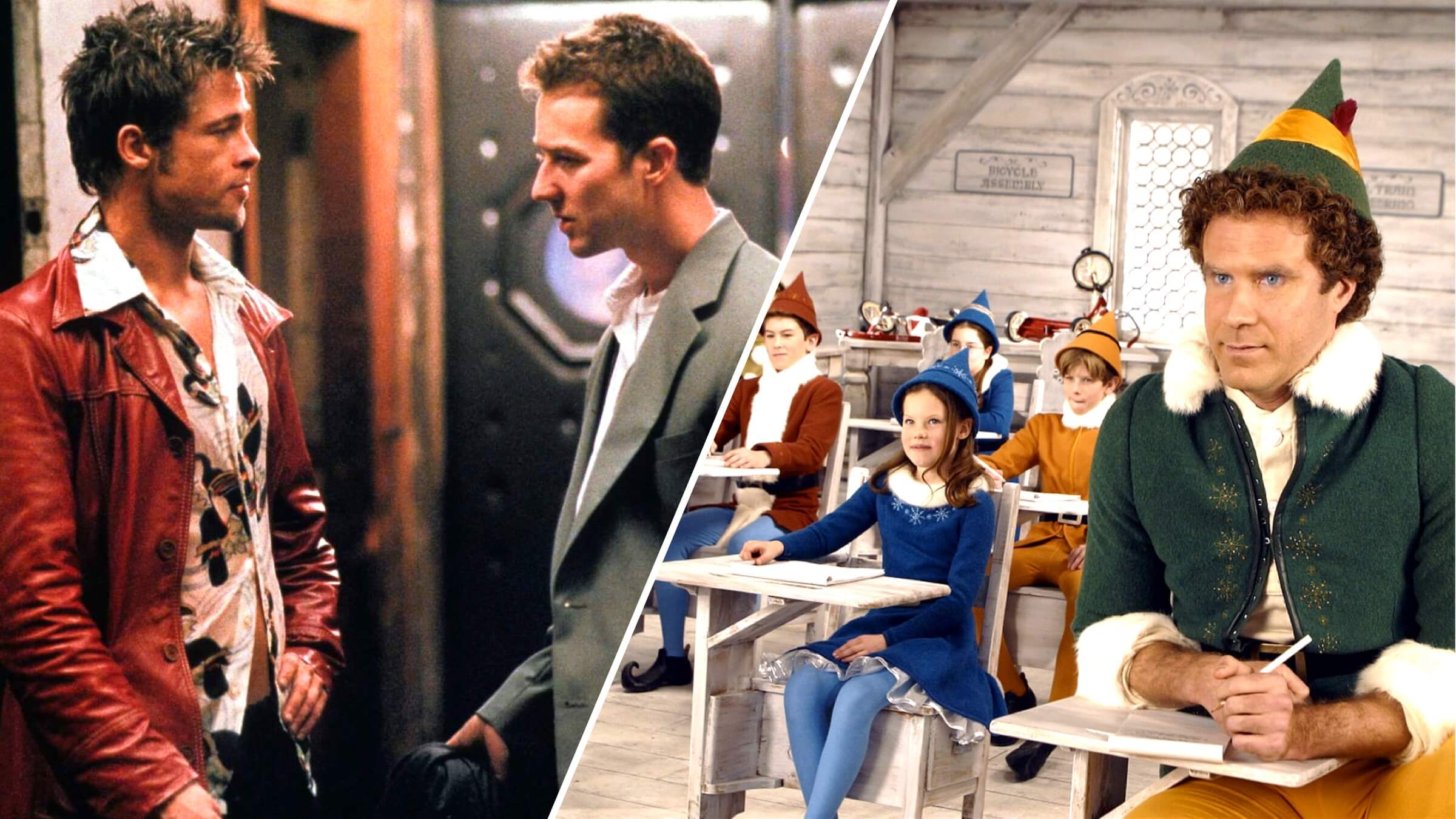Structural irony is born when the characters are completely unaware of the situation they are in. Often, this is due to their lack of intelligence or ignorance. Either way, this subtype of situational irony is a foolproof recipe for comedy but it also works in drama as well. We’re going to dive into this subject with a definition and examples so you can see how it works and apply it to your next screenplay.
A Brief Overview
Introducing structural irony
The best way to think about structural irony is that the entire story is based on an ironic situation. The foundation (or structure) is built upon a lack of intelligence or a misguided perspective. Whether used in comedy, drama or any other genre, this type of irony is a great storytelling tool. We'll get started with a definition and then jump into the examples.
Structural Irony DEFINITION
What is structural irony?
Structural irony occurs when the perspective of an unreliable narrator or naive protagonist is different from the reality of the situation. In some cases, the unreliable narrator may simply be lying to the audience or they may have convinced themselves of a faulty truth. Either way, when the entire story is built around this ignorance or deception, you get irony at a structural level.
Structural Irony Examples:
- When a narrator purposefully deceives the audience
- When the protagonist is unable to realize just how much danger they are in
For a complete guide to irony, download our FREE ebook covering the types of irony, examples, and how writers wield it.
Free downloadable bonus
FREE Download
Ultimate Guide to Irony
Irony is an essential literary device that all writers should master. Download our FREE e-book to get in-depth explanations and examples on topics like the major types and sub-types of irony, and the myriad of ways writers can use it to enrich their storytelling.

A Few Good Laughs
Let structural irony bring the funny
Harry and Lloyd are top-shelf morons. Their lack of awareness reaches absurd levels but that’s exactly what makes Dumb and Dumber one of the funniest comedies of all time. In this scene, Lloyd confesses his love to Mary and COMPLETELY misreads her response.
Structurally ironic from start to finish
Fish Out Of Water
Allow structural irony to reflect us
The classic "fish out of water" trope is rife with structural irony. As the newcomer blindly navigates this new world, we often end up learning about ourselves. Take Buddy the Elf, who visits NYC for the first time looking for his father. The movie is a classic and a great example of this type of irony.
"Congratulations, you did it!"
The Truth Is Hidden
Use structural irony to deceive
One way to employ this type of irony is through an unreliable narrator. And Fight Club has one of the most deceptive narrators of all time. As he meets Tyler and starts this journey to self-discovery, we eventually find out that the truth was not quite true. No spoilers, so watch it yourself.
Don't believe everything you hear
UP NEXT
Dive deeper into irony
We've covered the basics of irony on a structural level but there is so much more to learn. If there is a particular form of irony you want to explore further, just follow the navigation below. Each one of these subtypes of irony belongs in every writer's toolkit.
Types of Irony
Read a summary of the various types of irony, or dive into the specifics below.
